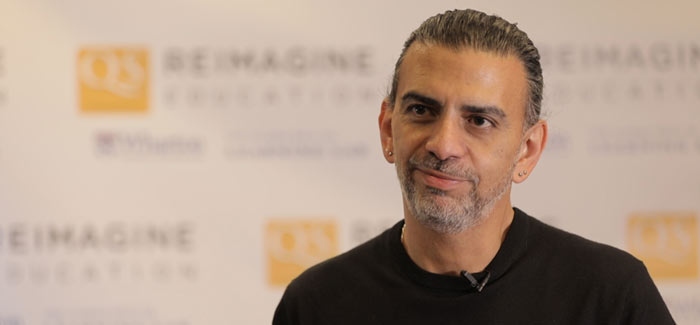As protection of human rights continues to be a global issue concerning every area of society, many top universities are offering postgraduate degrees for students interested in making a difference. We spoke to New York University (NYU) to find out how their Concentration in International Law & Human Rights as part of the MS in Global Affairs programme prepares students for a career in human rights.
Professor Jennifer Trahan, Director of the Concentration in International Law & Human Rights said: “Our programme prides itself on offering rigorous academic content along with an applied focus that provides practical experience. For example, we offer courses called ’practicums’, where students take on skills-based work for a ’client’.
“The client will assign a legal question to examine and the students, over the course of the semester, prepare both written work product (usually a report) plus orally present their answers to the client; this allows students to develop practical skills that they can highlight to employers. Examples of clients include the International Center for Transitional Justice and the Global Accountability Network.
“We also run global field intensives that take students out of the classroom. I’ve run one that, after brief intensive studies in New York, goes from The Hague to Bosnia and Serbia, where we examine war crime prosecutions in the former Yugoslavia and how the countries have addressed accountability and transitional justice.
“Students then write a paper on a topic that is in line with their particular focus. For example, students have written about selective memorialization in Bosnia and the narratives conveyed. Sometimes students have stayed on and undertaken internships in Sarajevo, for example, with organisations such as the Post-Conflict Research Center.
“We also offer a wide range of courses, including Women’s Human Rights: International Law and Policy, which explores a range of topics central to women’s human rights around the world from a legal and policy perspective. These topics include, for example, domestic violence, labour and sex trafficking, reproductive rights and surrogacy, female circumcision, women in war, among others. Through readings, lectures, discussion and debates, students engage with a variety of perspectives and learn to analyse and understand international treaties, cases, and other documents.
“One of the courses I teach is called the US Use of Force and the ’Global War on Terror’ which examines the legitimacy of war in particular situations such as Iraq and Afghanistan. We look at the US Global War on Terror theory from a critical lens and discuss case studies, such as Guantanamo, in addition to discussing how other countries are misusing this framework.
“Students in this concentration primarily go into human rights work. Former students work at top human rights organisations as well as smaller, less well-known human rights organisations. I’ve also had students that work at the UN and its various agencies. We’ve also had students who are interested in counter-terrorism who now work at the FBI, the US State Department and other security agencies.”
Students in the International Law & Human Rights concentration are also able to take a wide variety of courses in the other concentrations offered as part of the Global Affairs programme: Energy Policy, Global Economy, Global Gender Studies, International Development and Humanitarian Assistance, International Relations/Global Futures, Peacebuilding, Transnational Security, as well as in the separate master's degree programme in Global Security, Conflict, and Cyber Crime.












